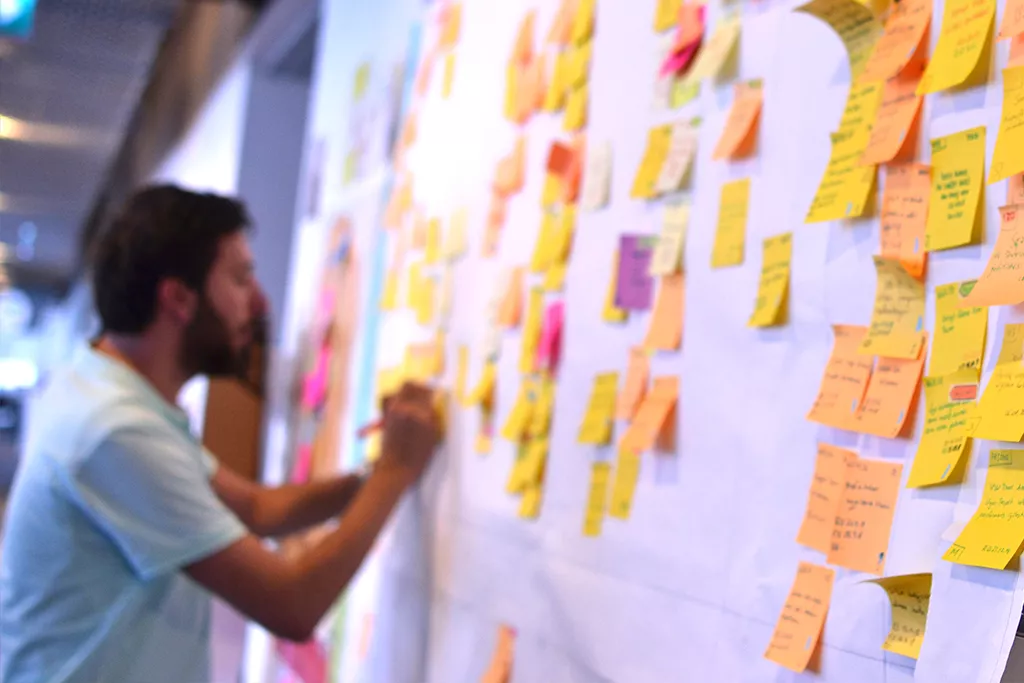Our CEO, Mark Creighton spoke to Education Technology on three core principles to agility.
Coronavirus has challenged business like never before. It’s become clear that agility is more than a buzzword and in this current climate, companies need to act fast. Whether it’s restaurants moving to offer takeaway and delivery; or learning companies shifting face-to-face education online, there are many examples worldwide of bold, innovative companies finding ways adapt.
This will always be easier for some than others, but there are basic principles all businesses can adopt to help themselves be more agile, both now and in the future. While it’s easy to talk about being modern and agile, in practice, the fear of mistakes can make it difficult to achieve – especially in large organisations where many people need to be convinced, and a lot is at stake when things go wrong. Perhaps what we can learn from this pandemic is that when faced with change, businesses with even the most sensible strategy need to rapidly adapt.
Digital transformation
For us, the first and most obvious component of agility is digital transformation. Companies with good IT and cloud infrastructure are much better placed to deal with problems—whether that’s a global pandemic or a spilt cup of coffee on a laptop.
For example, our focus has always been around connected learning – a blend of various teaching methods that incorporates both online and face-to-face delivery. Since self-isolation, we’ve had to shift our business model to bring the best of face-to-face learning into the virtual arena.
We could have easily decided to keep only online learning, but we believe personal interaction is fundamental to helping people unlock their potential and offering a truly life changing experience. That has meant ensuring we have a seamless operation for all our learners, employees and teachers. By making our documents accessible everywhere, we’ve stimulated progression, and by introducing secure software we have ensured our learners are properly supported and able to continue learning.
Time is of the essence
For educational establishments of all kinds — including us at Avado— the ability to move to online learning quickly and with as a little loss as possible for the student has been crucial in moving forward through this difficult time. However, many will be relieved when a return to face-to-face learning and working becomes possible, but the changes and lessons of this period mustn’t be forgotten. Flexible working and learning practices have huge advantages for many people; for instance, those with disabilities or care responsibilities. Incorporating these practices into our normal working culture can make us much more inclusive, diverse and agile.
‘A’ is for ‘Attitude’
Much of agility is about attitude – it’s about having the underlying structures to support you and the willingness to use them. A big part of data culture is making sure everyone has access to information, is equipped with the skills to interpret it, and empowered by the right to ask difficult questions about it. Whilst in some instances, this may seem like a block to agility, in reality, it will make you better prepared to deal with whatever comes your way.
At its core, agility is usually a question of bravery – not waiting until everyone else around you has done something and can tell you it works, but instead moving quickly based on your knowledge, experience and convictions. When these principles are applied, they can allow an organisation to change direction quickly, not just on the big questions but on the thousands of small every-day decisions that in the end create culture. We must adjust to our new normal, and pivoting sooner rather than later will mean faster learning in the future, for us all. View it in the press.

 4 min read
4 min read 
